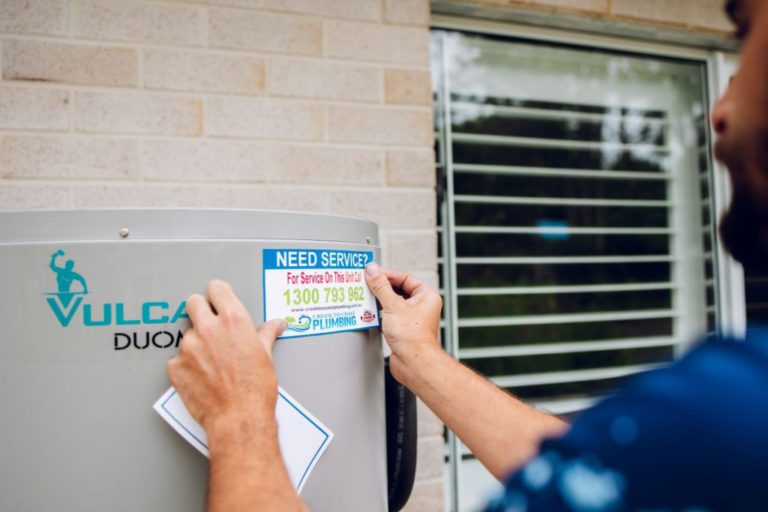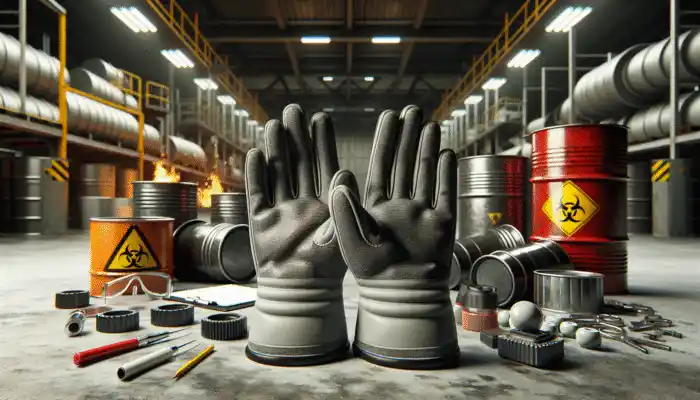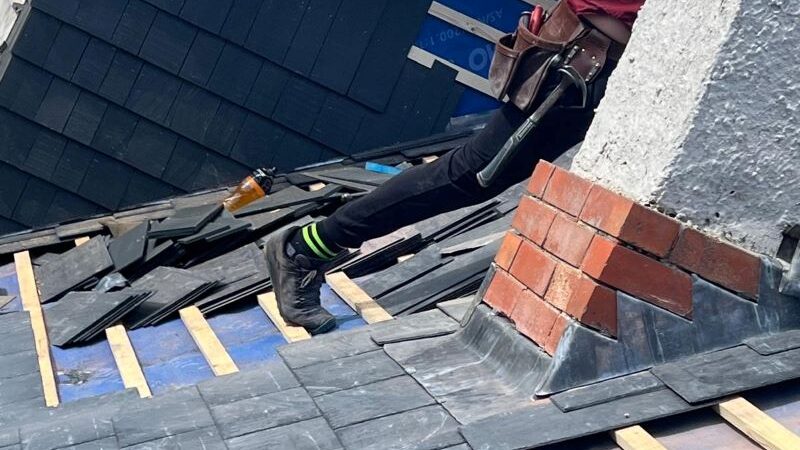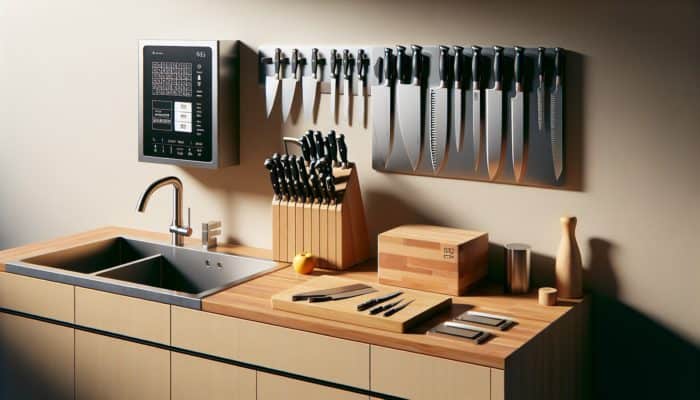Hot water systems are vital components of your household infrastructure, ensuring you have access to hot water for daily tasks such as showering, cooking, and cleaning. However, like all household appliances, these systems are not designed to last indefinitely and will eventually need to be replaced. By being vigilant and recognising the early signs of deterioration, you can prevent the discomfort of unexpected cold showers, potential water damage to your home, and the inconvenience of costly emergency repairs that could disrupt your daily routine. Paying attention to these signs can save you both time and money in the long run.
What is the expected lifespan of your hot water system? The lifespan of different types of hot water systems can vary significantly, influenced by the specific model you own and the level of maintenance it receives over its life. Conducting routine inspections and ensuring your system is well-maintained can greatly prolong its operational life. This proactive approach not only enhances the efficiency of your system but also guarantees that you will have reliable access to hot water whenever you need it, thereby improving your household comfort and convenience.
Let’s dive deeper into the details to understand what you can expect regarding the lifespan and performance of your hot water system.
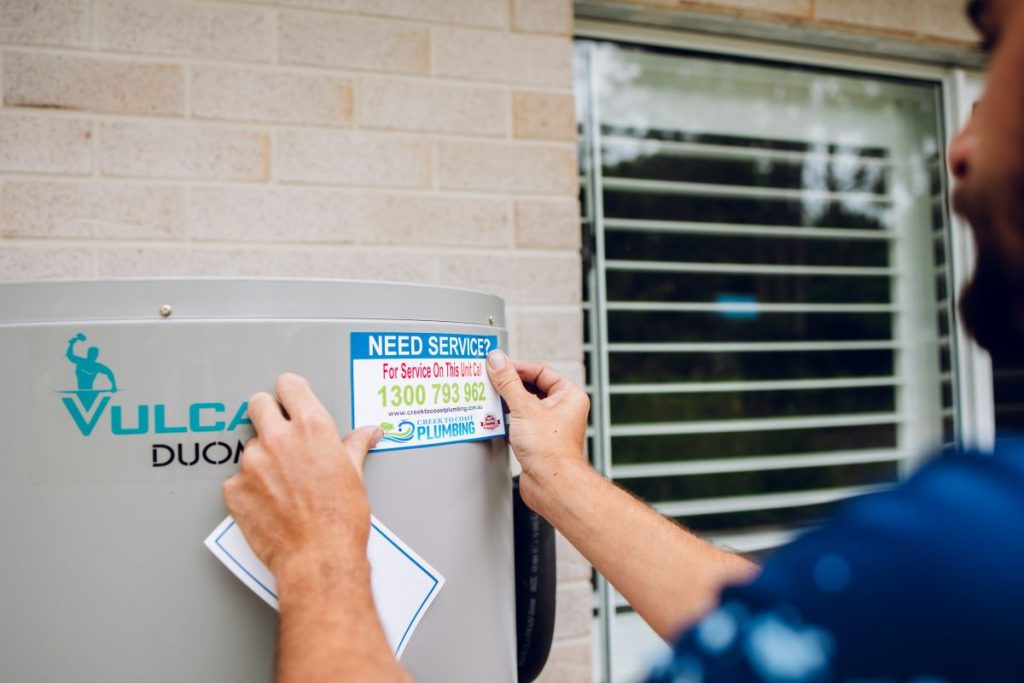
Explore the Lifespan and Efficiency of Different Hot Water Systems
Here’s a detailed overview of the expected lifespan and operational efficiency of the most commonly used hot water systems in Queensland homes:
Electric Storage Hot Water Systems
- Lifespan: 8–12 years
- Reasons for Failure: Common issues that lead to system failure include internal corrosion, worn-out anode rods, and sediment build-up, all of which can significantly impair the performance and energy efficiency of the unit over time.
- Signs to Monitor: Watch for rusty or discoloured water, leaks forming around the base of the unit, or longer heating durations, as these symptoms may indicate serious underlying problems that require immediate attention.
Gas Storage Hot Water Systems
- Lifespan: 8–12 years
- Reasons for Failure: These systems can experience similar issues as electric models; however, they may fail sooner, particularly when exposed to harsh salty coastal air, which can exacerbate wear and tear.
- Signs to Monitor: Keep an eye out for pilot light malfunctions, reduced water temperatures, or unexpectedly high gas bills, as these can indicate inefficiency or potential malfunctions that need to be addressed.
Instant Gas Hot Water Systems (Continuous Flow)
- Lifespan: 10–15 years
- Reasons for Longevity: These systems operate without a storage tank, significantly reducing the risk of corrosion that can lead to failures over time, making them a reliable and efficient choice for many households.
- Signs to Monitor: Be vigilant for inconsistent water temperatures, ignition issues, or a noticeable decrease in the flow rate of water, as these may signal the need for professional servicing to restore optimal functionality.
Electric Instant Hot Water Systems
- Lifespan: 10–15 years
- Common Issues: Failures in these systems may often arise from malfunctioning heating elements or thermostats, both of which can severely compromise performance and prevent you from getting the hot water you need.
- Warning Signs: Be alert if your water temperature fluctuates between hot and cold or if it takes longer than usual to heat up, as these issues could indicate underlying problems that require immediate professional assessment.
Heat Pump Hot Water Systems
- Lifespan: 10–15 years
- Efficiency: Renowned for their high energy efficiency, these systems may be sensitive to climate conditions and the particular location of installation, factors that can significantly influence their operational performance.
- Signs of Trouble: Warning signs that may indicate potential issues include louder than normal operation, extended heating cycles, or a noticeable spike in energy bills, all of which should prompt a professional inspection to ensure the system is functioning correctly.
Solar Hot Water Systems
- Lifespan: 15–20+ years for solar panels, 8–12 years for the storage tank
- Note: Generally, the storage tanks degrade at a faster rate than the solar collectors, which can impact the overall efficiency and performance of the entire system.
- Signs to Monitor: Stay alert if the water fails to heat adequately on overcast days or if you notice rusty water or complications with the booster operation, as these may indicate the need for repairs to restore full functionality.

Recognising the Warning Signs of a Failing Hot Water System
Even before reaching their expected lifespan, hot water systems can exhibit warning signs indicating potential failure. These concerning indicators include:
- Fluctuating Temperatures
If your water takes longer to heat up or runs out more quickly than it previously did, it may be time to investigate further to assess the health of your system. - Rusty or Discoloured Water
This often indicates corrosion within the tank or a failing anode rod, both of which require immediate attention to prevent further damage and potentially costly repairs. - Unusual Noises
Popping, gurgling, or banging sounds during the heating cycle frequently indicate sediment build-up inside the tank, which can adversely affect efficiency and performance over time. - Leaks or Pooling Water
Even a minor drip can suggest that your tank may be cracking or that the valves are beginning to fail, necessitating prompt inspection to avert more significant issues. - Higher Energy Bills
An ageing unit often struggles to efficiently produce the same amount of hot water, compelling it to work harder, which results in increased energy costs that can impact your household budget significantly.
Understanding the Impact of Seasonal Changes on Hot Water System Performance
In Queensland, the shift from warmer to cooler months can create significant challenges for older hot water systems. As outdoor temperatures drop, these systems must exert more effort to maintain the desired water temperature. Those that are nearing the end of their operational life may be particularly vulnerable to complete failure during this crucial period, leading to potential disruptions in your daily life.
Determining the Right Time for Hot Water System Replacement
If your hot water system displays any of the following characteristics, it may be the ideal time to consider a replacement:
- Over 10 years old
- Frequently experiencing breakdowns or requiring repairs
- Inadequately meeting your household’s hot water demands
- Exhibiting visible signs of wear or corrosion
Recognising these indicators could signal that it’s time for an upgrade to a more reliable and efficient system that better suits your household’s requirements.
At Creek to Coast Plumbing, our approach goes beyond simply replacing your unit; we carefully assess various factors such as your family size, water usage habits, energy preferences, and the layout of your property. This allows us to recommend the most efficient and cost-effective hot water system tailored specifically to your unique needs and preferences.
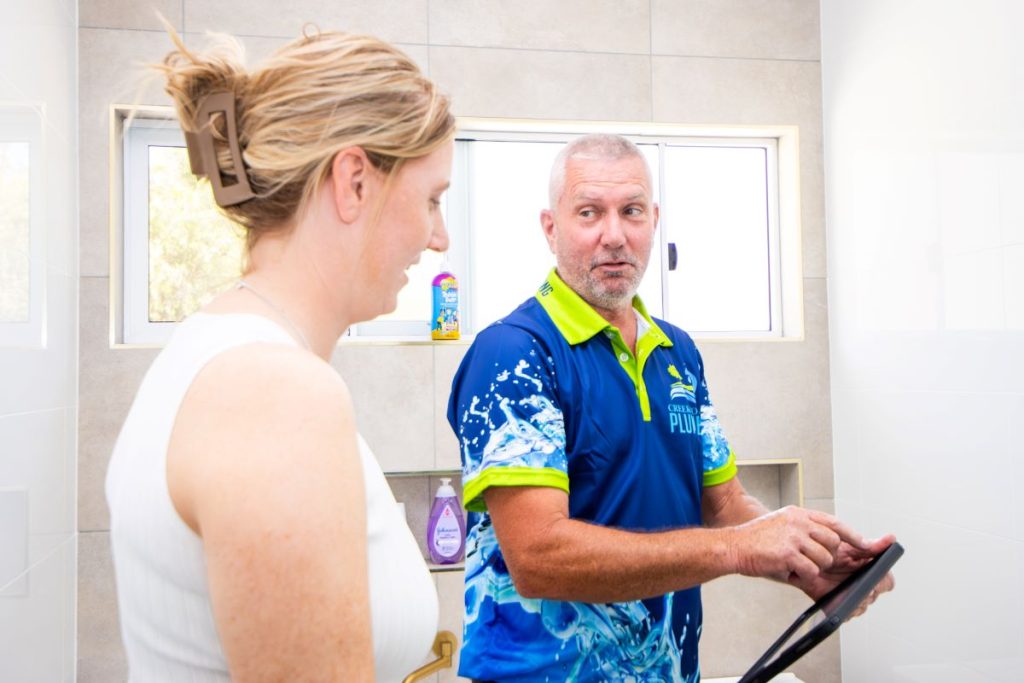
Make Informed Decisions: Selecting the Best Hot Water System for Your Household
Based on your individual needs and household requirements, our expert team may recommend:
- Electric or Gas Storage systems for their reliability and cost-effectiveness, particularly suitable for traditional homes where consistent hot water supply is essential.
- Continuous Flow (Instant) systems that are perfect for smaller homes or households with lower hot water consumption, providing hot water on demand without the need for a storage tank.
- Heat Pumps that deliver significant energy savings, especially beneficial in warmer climates where efficiency is a top priority.
- Solar Hot Water systems designed for long-term cost savings and environmental sustainability, contributing to a greener lifestyle while reducing your energy bills significantly.
Additionally, we will evaluate whether the current placement of your hot water system is optimal or if relocating it could enhance performance and overall efficiency, ensuring you receive the best possible service and value.
Take Advantage of the Opportunity for a Hot Water System Upgrade
Replacing your hot water system at the right time is not just about preventing system failures; it also presents an excellent opportunity to upgrade to a more reliable, energy-efficient model that aligns better with your lifestyle and specific needs.
If your unit is showing signs of ageing or if you are uncertain about which system would be most suitable for your home, the licensed plumbers at Creek to Coast Plumbing are ready to provide expert guidance tailored specifically to your situation. We ensure you make the best choice for your home, enhancing your comfort and efficiency.
The Article: Hot Water System Lifespan: A Guide for Queensland Homes first appeared on https://writebuff.com
The Article Hot Water System Lifespan Guide for Queensland Homes Was Found On https://limitsofstrategy.com
